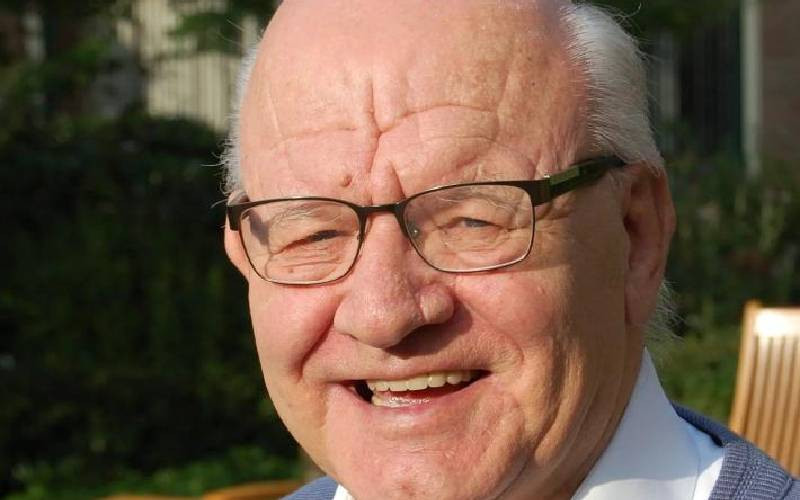×
The Standard e-Paper
Home To Bold Columnists

When he sauntered into the lives of the Maasai community in Kenya 62 years ago, Frans Mol may not have known that his work on their culture and language would define them.
Born in 1935 in Nijmegen, Holland, his parents, Cornelius Mol and Anna Aalders may also not have known that he would steadily develop an appetite for history, culture and books.